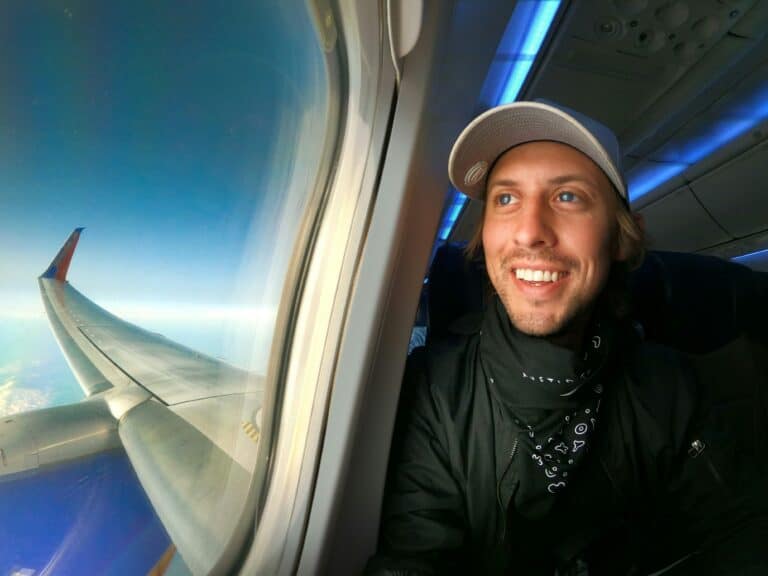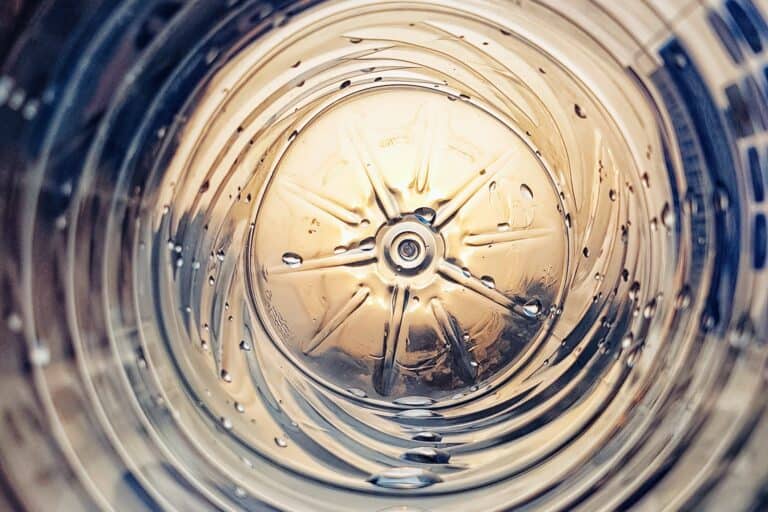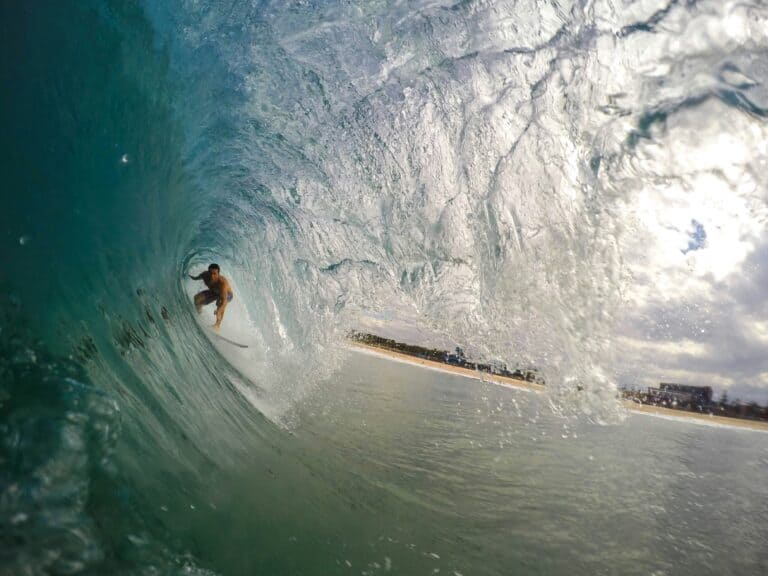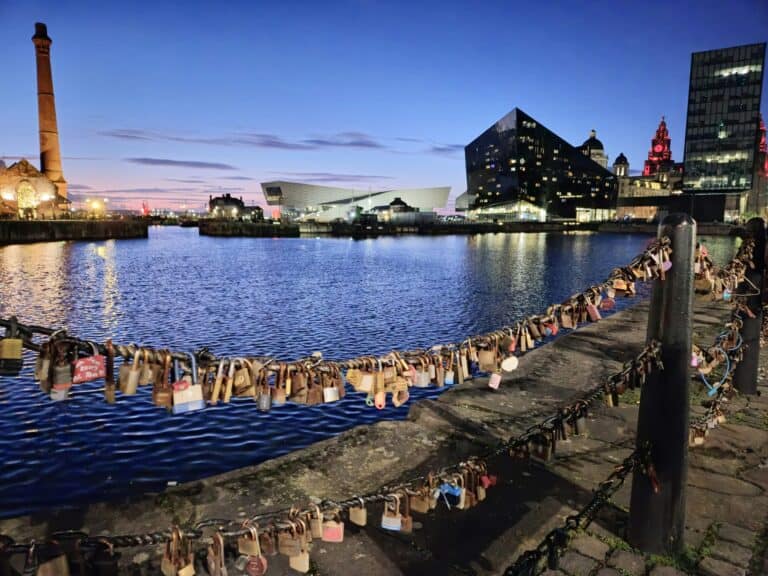They know the lay of the land and the lingo. They have the right connections. They make your job safer. But what happens to fixers when something goes wrong?
battleface contacted an emergency assistance company for answers. The managing director gave us the lowdown:
‘There are different scenarios when local fixers get hired or contracted, and under what terms. Some companies and groups offer coverage to whomever they hire or contract with, some don’t. It depends on the job, responsibilities and the actual terms of your contract.
Say it’s a group that is doing business in country X, building a factory, for example. They hire local nationals who are their fixers, managers and workers. They would provide insurance coverage for them as well, some countries even require that.
But the same doesn’t always apply in less dangerous zones or for individual policy holders. If you go to Paris and hire a local guide to show you around, you’d never think about asking your local guide if she had proper, adequate insurance.’
When we pay for a service, we assume that all the costs are included. But when those services include keeping your foreign arse out of trouble, maybe it’s best not to assume anything.
Big corporations have rules and more rules regarding local in-country hires. Swarms of lawyers negotiate and regulate contracts.
Do fixers carry insurance?
But freelancers don’t have a legal department, and the budget is as likely to be on the back of a cocktail napkin as on a spreadsheet.
Money is often so tight that many freelancers forego insurance for themselves. In conflict zones, for journalists and fixers alike, health insurance can be a low priority compared to Eating and Not Dying.
Even when there’s room in the budget, finding insurance for fixers can be tricky. Most individual conflict zone plans don’t cover in-country hires. Many fixers are reluctant to have any official written ties to foreigners.
Of people killed with a confirmed motive in 2017 and 2018, the Committee to Protect Journalists reports roughly 17% were ‘media workers,’ not journalists.
And after you’ve gone back to air conditioning and unlimited uncensored Internet, fixers remain in danger.

Documentary photographer Jan Husar has worked in Iraq, photographing Christian and Assyrian militias fighting the so-called Islamic State. Husar on fixers: ‘I use them sometimes. I don’t think they have any insurance at all. If a fixer gets badly hurt you try to help, possibly to take him for treatment. I don’t know if they can afford treatment sometimes, but they chose it, they know the risks.’
The documentary photographer Adam Hinton uses fixers regularly, including for a project working with gang members in an El Salvador prison. Hinton: ‘I’ve never actually asked any of my fixers about insurance. I assume that if it’s their job to get people into these places they know more about the risks and will have covered themselves if they feel it’s appropriate.’
When working with a fixer you are part of a team. Research and planning ahead of time and understanding your surroundings on the ground can prevent disaster. Having a houseplant understanding of the local culture keeps your fixer working on the project rather than babysitting the gringo.
It’s important to keep in mind the risks you and your fixer are taking. Chances are, it’s not hunting down the best gelato near the Eiffel Tower. Understand that your actions may have long-term effects. Doing something indiscrete could be momentarily embarrassing for you. For your fixer, it could be fatal.









